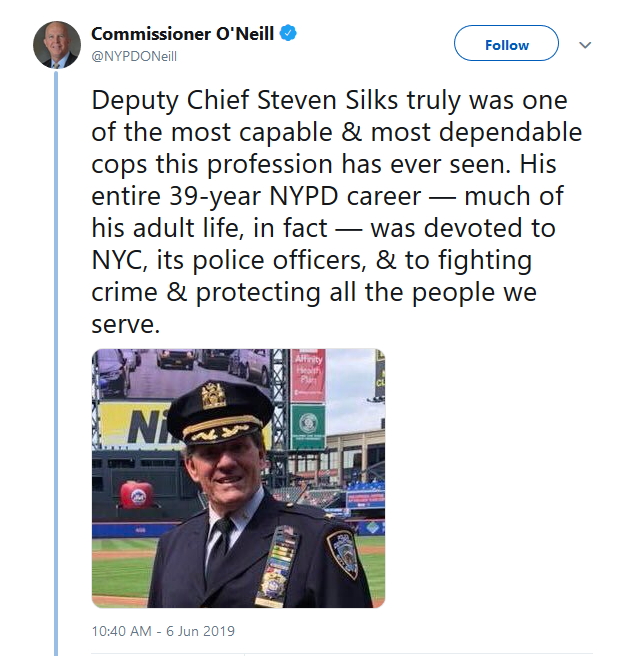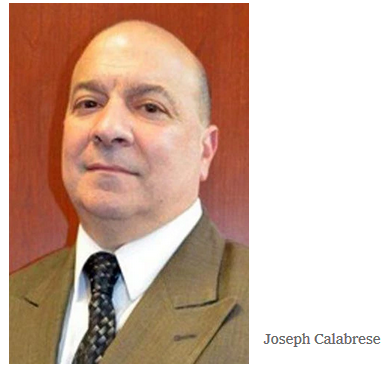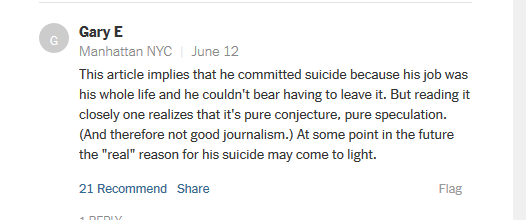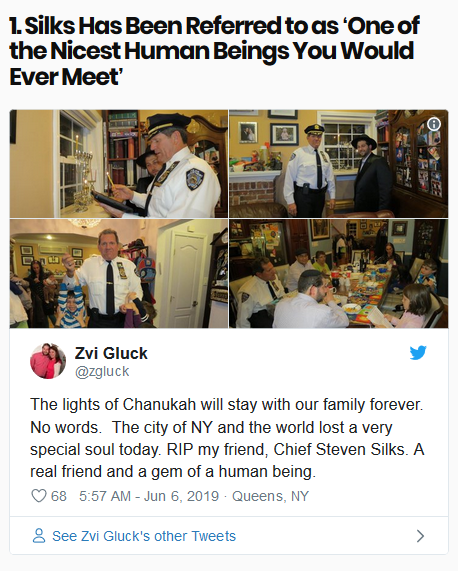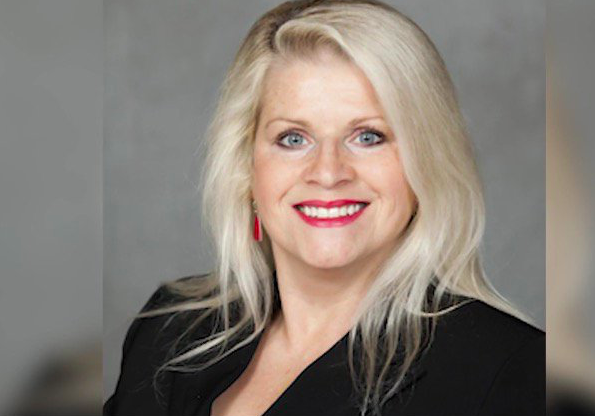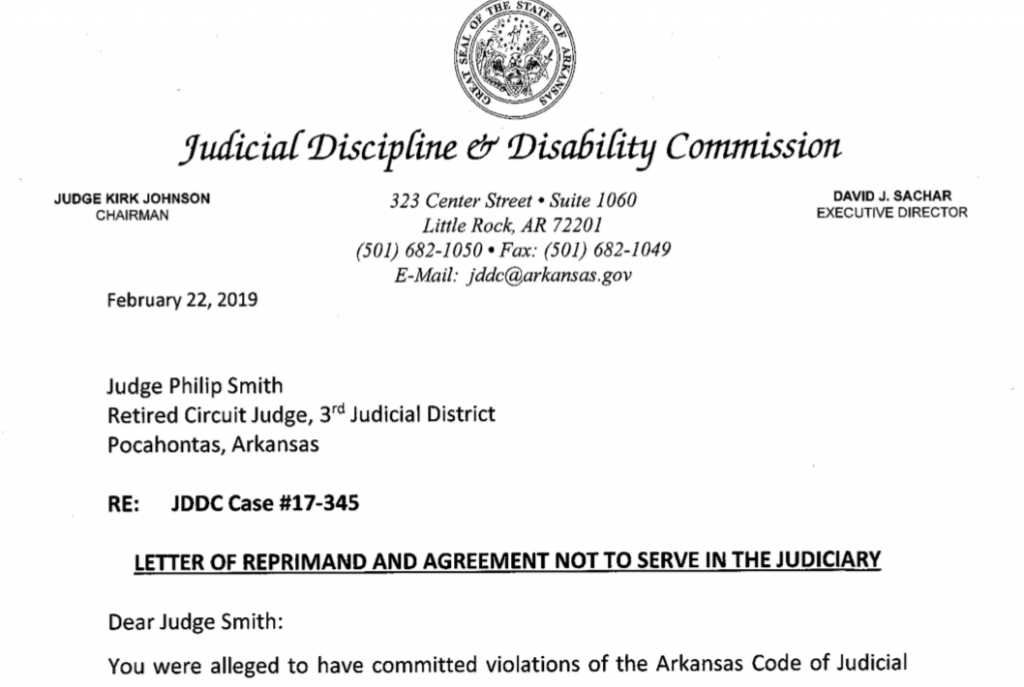Jun 14, 2019
An NYPD Officer took his life on Friday, the third member of the Department to do so in under two weeks.
EMS was requested to the 121 Precinct in Staten Island at around 4:00PM, for reports of an officer with a gunshot wound. The officer was found shot in a parked vehicle behind the Precinct at 55 Wilcox Street near Sanders Street. Unfortunately, he was pronounced dead on the scene.
Sources tell Breaking911 that the officer was a “Domestic Violence” officer at the Precinct.
The Department is still in shock after the
recent suicides of Deputy Chief Steven Silks in Queens on June 5th, followed by the suicide of
Detective Joseph Calabrese on June 6 in Brooklyn.
Silks had handed in his retirement papers to the NYPD the night before he killed himself. He was scheduled to retire at the end of July after 38 years on the job.
Calabrese was 58 years old, and was on the job for around 30 years.
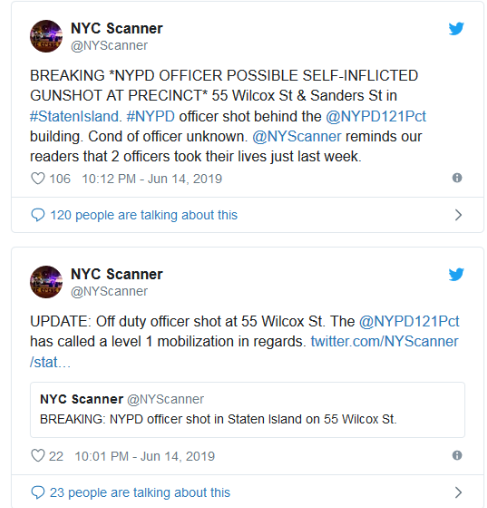
Friends said Deputy Chief Steven J. Silks took his life not out of despair from his job, but the prospect of losing it.

www.nytimes.com
June 11, 2019
Friends said Deputy Chief Steven J. Silks took his life not out of despair from his job, but the prospect of losing it.
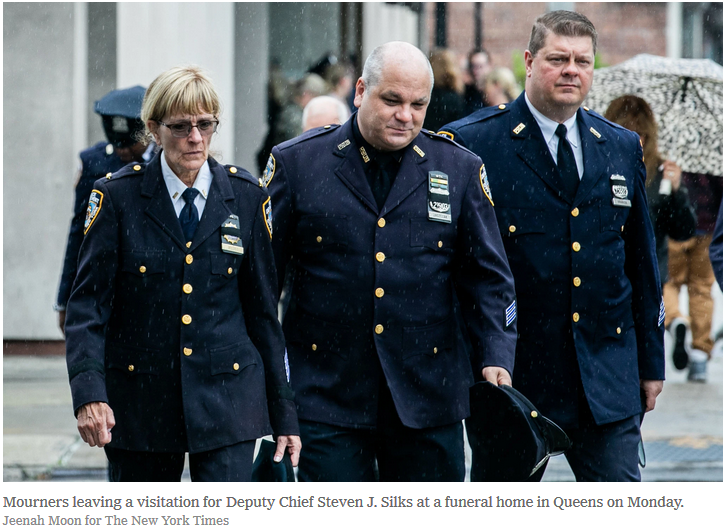
Deputy Chief Steven J. Silks, 62, showed up for the retirement of a fellow officer a few weeks ago, one of countless ceremonial walkouts from a police station in his almost four decades on the job.
His own mandatory retirement was fast approaching with his 63rd birthday. He spotted a friend in the crowd who had himself recently retired.
“He said, ‘I’m going to be joining you soon,’” the friend, Joseph Fox, recalled. Chief Silks seemed his usual cheerful self, but nonetheless, Mr. Fox replied, “Steve, please call me when it gets close, because this should be a wonderful experience, not a stressful one.”
That call would never come. On June 5, just hours after his retirement was announced, Chief Silks parked on a quiet street around the corner from the building where his walkout ceremony would have taken place and
shot himself in the head.
His suicide rocked his large circle of close friends in the ranks, bringing tears to the jaded eyes of veteran officers, including many of the highest ranking figures in the Police Department.
Another veteran, Detective Joseph Calabrese, took his own life a day later, prompting the police commissioner, James P. O'Neill, to issue a public plea to officers to seek help if they are despondent.
The police see each self-inflicted death not only as a tragedy but as a seemingly preventable act to be analyzed and learned from so as to catch future warning signs. But few cases refuse to comport with what is understood about police suicides as steadfastly as Chief Silks’s
He was not burned out. He hadn’t seen too much, hadn’t let the job get him down. He seemed to have relished the work, from his beginnings driving a patrol car in the bad-old-days Bronx to overseeing the steady crackle of gunfire as the commanding officer at the firing range.
It seems that, in the end he could not bear to let the job go, his friends said.
“Steve Silks was a policeman through and through,” said Rabbi Alvin Kass, the department’s chief chaplain, whose eulogy on Tuesday called Chief Silks “one of our noblest sons” and sought to place him in a tradition of law enforcement going back to biblical days.
“Someone who personified what the N.Y.P.D. was at its very best.”
His fellow officers gave him a sprawling, honor-guard funeral on Tuesday beneath Queens skies gone a fittingly bright blue. Lines of white-gloved officers in dress uniform saluted his coffin in the street. Bagpipes played “Amazing Grace.” A single police helicopter flew over.
A former paperboy in the Bronx neighborhood where he grew up and still lived, Chief Silks started out patrolling the rough-and-tumble streets near his home in the 1980s.
“Lot of drugs, lot of guns,” Chief Terence A. Monahan, the department’s highest-ranking uniformed officer who also began his career in the Bronx, recalled in his eulogy. “We never wanted to miss a day of work.”
Chief Silks liked driving his patrol car with the windows down. “A key factor to being a good cop,” he once said in an interview, “is being able to hear what’s going on in the street. Glass breaking in a storefront. A muted cry for help.” He continued: “In the winter, I’d ride around with the windows down and the heat on. That’s how I was taught by the old-timers.”
Later, he looked after rookie officers, leaving a lasting impression on generations.
“Think about it,” said Joseph Giacalone, a retired sergeant. “Most people remember their second-grade schoolteachers. He was that kind of mentor.
He rose through the ranks — captain, deputy inspector, inspector, deputy chief — and worked all over the city, from the range, where he indulged a deep interest in firearms, to Police Headquarters and the boroughs, eventually landing as the second in command in Patrol Borough Queens North.
“He fell in love with this place,” Chief Monahan said in the Reform Temple of Forest Hills on Tuesday. “He could have been out three years ago.” But he always found some reason to stay on — one more United States Open tournament to oversee, one more new boss to get settled in.
He was an avid outdoorsman, with a photograph of the day he reached the summit of Mount Everest framed on his desk. He ran marathons and shoveled the sidewalks of neighbors he had known his entire adult life. He told great stories. He lived alone, no wife, no children, and spent many free nights working.
“He attended all our meetings,” said Heidi Chain, president of the community council at the nearby precinct. “He attended our concerts. He attended our dinners, our events.”
Retirement is mandatory upon the age of 63. Chief Silks turned 62 last July and watched the end creep ever closer. When he worked in Times Square last New Year’s Eve, he told his new commanding officer, Assistant Chief Martin Morales, it was special because it was “his last one in uniform.”
It’s not uncommon for officers facing retirement to struggle with a loss of identity and purpose, Mr. Fox, the retired chief, said, and he frequently offered counsel by asking questions: “‘Does any of the good that you’ve done in all your years go away?’” He said the person usually thinks for a minute and says, “‘No.’”
Friends caught glimpses at Chief Silks’s anger at being forced to retire. He told a longtime neighbor, “My birthday’s on the 10th and they’re kicking me out on the ninth.”
But he also bought a new Ford Explorer and mounted a case on top for his kayak, as if equipping himself for adventures in retirement. Which leads to the questions many were asking themselves on Tuesday.
“We talk about it in the bathroom in hushed tones,” Chief Monahan said in his eulogy. “Something we missed. Something we could have said. Something I could have said.”
Chief Monahan continued. “I wish that he’d come forward. I wish we could have had that conversation,” he said. “And I pray, had he come to me, that I would have had the ability to hear.”
In 2005, an officer under Chief Silks’s command at the firing range took his life. In an interview that day, his words have fit perfectly with those spoken at his own crowded funeral in Queens some 14 years later.
“Super guy, step-up guy, always looking to take on more responsibility,” Chief Silks said of the officer who died in 2005.
“The command is in shock. Besides being in shock and asking, ‘Why?’ we’re going to miss this guy. He is one of the people you look forward to seeing.”
Sports news, analysis, rumors, statistics, predictions and roster moves around the NFL, NBA, MLB, NHL and more.

heavy.com


